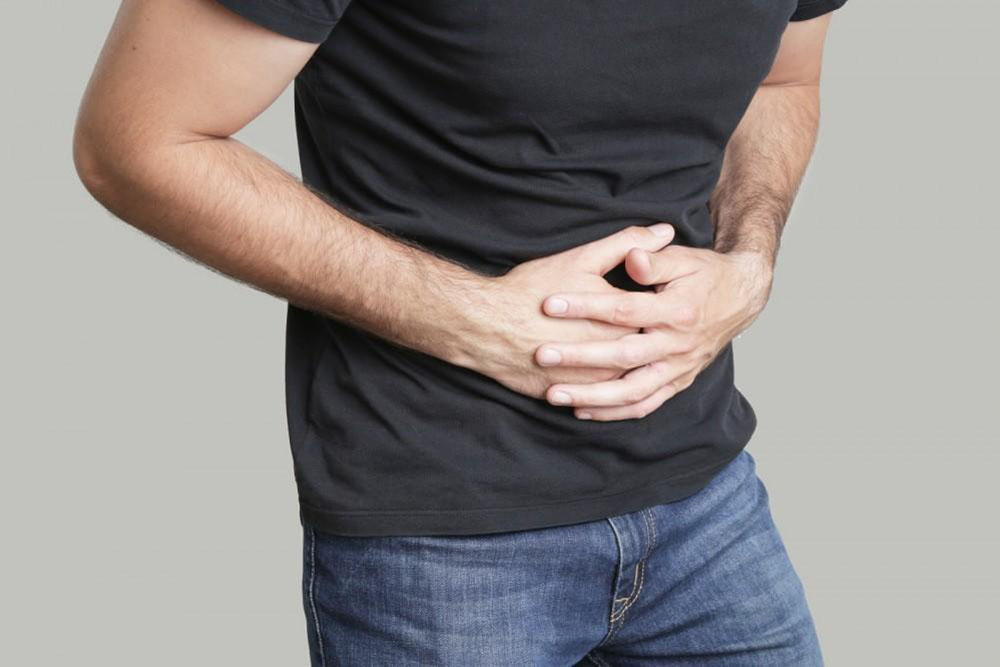Expert Treatment for Condyloma by Dr. Bharat Pothuri
Dr. Pothuri uses a step-by-step approach:
Medical History and Exam
He reviews your symptom pattern (onset, duration, quality), diet, alcohol use, stress, and any medications. A focused abdominal exam checks for tenderness, masses, or organ enlargement.
Laboratory Tests
We order blood work to rule out common causes:
- Complete Blood Count (CBC) to detect anemia or infection.
- Liver Function Tests (LFTs) and pancreatic enzymes to assess hepatobiliary and pancreatic health.
- H. pylori stool antigen or breath test to detect Helicobacter pylori infection.
Imaging Studies
- Abdominal Ultrasound to look for gallstones, liver disease, or masses.
- Upper GI Series (barium swallow) if structural abnormalities are suspected.
Endoscopy
Esophagogastroduodenoscopy (EGD) allows direct visualization of the esophagus, stomach, and duodenum. Biopsies can be taken for ulcers, inflammation, or suspicious lesions.
Advanced Testing (if needed)
Specialized studies-such as gastric emptying tests, pH monitoring, or motility studies-help diagnose functional disorders when standard tests are inconclusive.

Frequently Asked Questions
What is the ICD-10 code for condyloma acuminatum?
The code is A63.0, used to classify genital and anal warts caused by HPV.
How long does treatment take?
Most people see improvement in four to eight weeks, though some may need more time.
Can genital warts cause cancer?
HPV types 6 and 11 rarely lead to cancer, but regular checkups are important because other HPV types can.
Do warts come back?
Yes, about one in three people develop new warts. Good care and follow-up reduce this risk.
Do treatment creams cause side effects?
Some creams can cause redness or burning. Dr. Pothuri will adjust your treatment if needed.
How can I prevent passing warts to my partner?
Use condoms, avoid sex while warts are active, and ask about the HPV vaccine.
Does diet help warts go away?
Healthy foods support your immune system but medical treatment is still needed.












